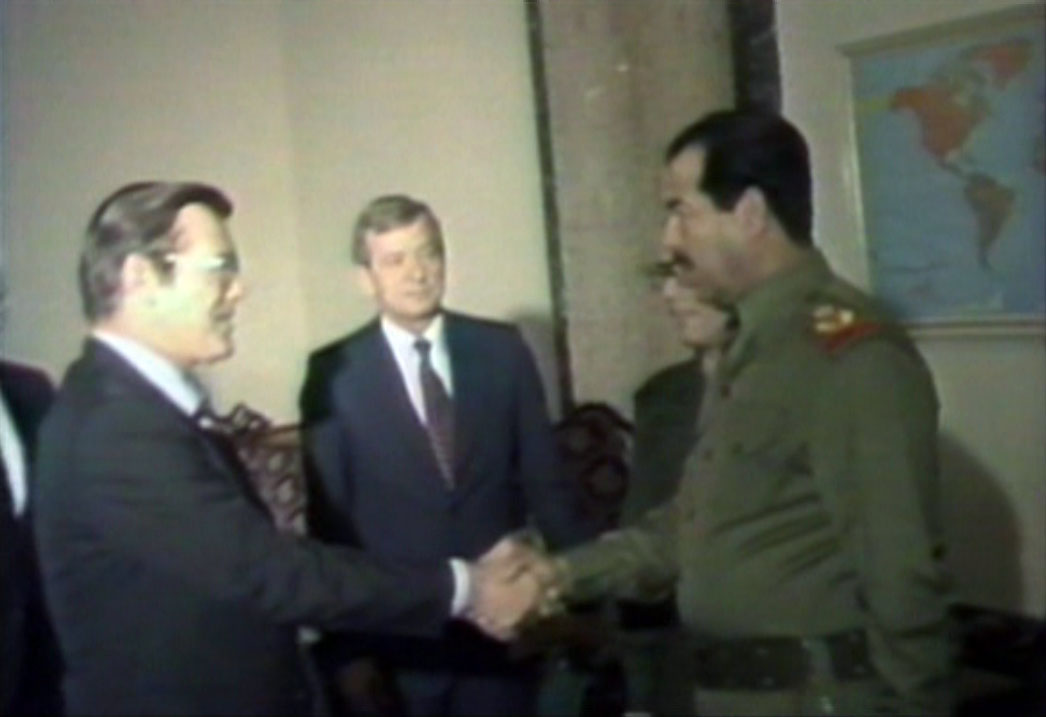Thirty five years ago today, Iraq’s President Saddam Hussein made a dangerous gamble that did not pay off: with Iran vulnerable after the Islamic Revolution of 1979, Hussein attacked the oil-rich province of Khuzistan, inhabited mostly by Arabs. Since its independence in 1932, Iraq was critical of the Pahlavi monarchy for fashioning Iran as a Persian nation, and had disputed Iran’s right to a province so heavily populated by Arabs. Hussein’s early successes on the warfront compelled Ayatollah Khomeini, Iran’s new leader, to deploy an enormous number of recently, and often poorly, trained soldiers to the front. By 1982, Khomeini had forced Hussein’s hand. Retreating to the internationally recognized borders, Iraq’s President offered Khomeini peace. An emboldened Khomeini went on the offensive. The war reached a fever pitch in 1986 when Iran overtook Iraq’s al-Faw Peninsula. Western governments, until then satisfied with funding both sides, stepped in to resolve the conflict, which finally ended in 1988.
The Iran-Iraq War (1980-88), largely overshadowed in the United States by Hussein’s invasion of Kuwait in 1990, cost roughly one million lives. While Iran drew the attention of the West to Hussein’s illegal use of chemical weapons, Iraq paraded before the international press Iranian child soldiers (under the age of fifteen), who constituted a staggering 100,000 of Iran’s casualties. Hussein and Khomeini, both egregious violators of human rights, caused Iranians and Iraqis tremendous trauma.
A few scholars in the West, most notably Dina Khoury, Amatzia Baram, and Hamid Dabashi, have seriously contended with the effects of the devastating total war. Most historians have instead emphasized the political revolutions that shaped the two nations. For Iraqi studies, much ink has been spilt on Abd al-Karim Qasim’s Republican Revolution of 1958 and the Bathist coup led by Hasan al-Bakr and Saddam Hussein in 1968. Iran too has had its important political upheavals, including the CIA-backed 1953 coup that ousted democratically elected Prime Minister Mohammad Mossadegh as well as the 1979 Islamic Revolution that finally resulted in the end of monarchy, and the rise of a fundamentalist Shi‘i government, in Iran. Other scholars and commentators are concerned with the pressing questions of today’s Middle East. As Iraq now falls apart along ethnic and religious lines after over a decade of US intervention and Iran emerges from decades of painful sanctions, many rightfully preoccupy themselves with lamenting or celebrating present circumstances...
https://notevenpast.org/remembering-the-iran-iraq-war/


No comments:
Post a Comment